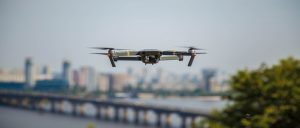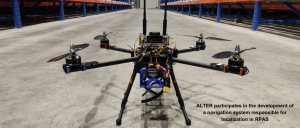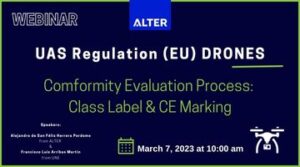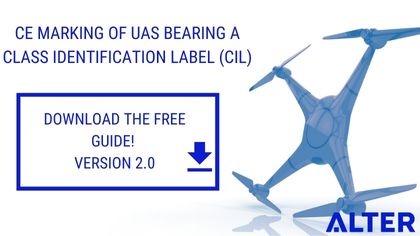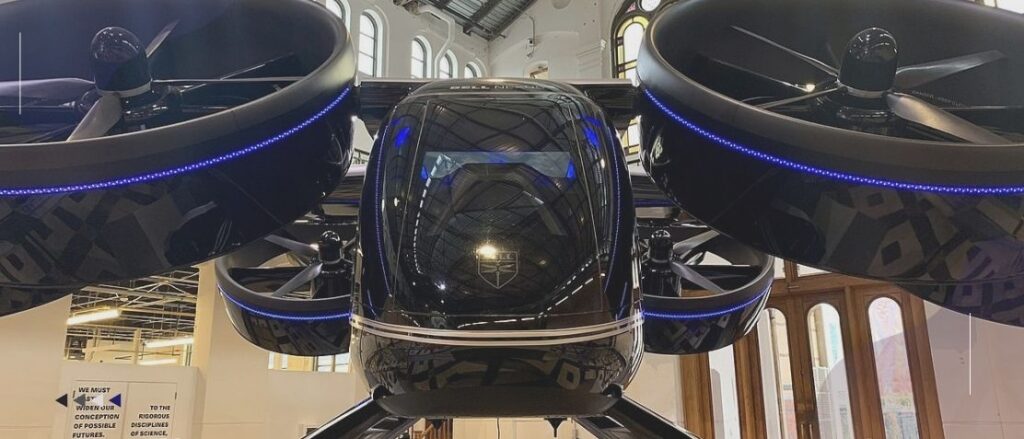
The European Union Aviation Safety Agency (EASA) published rules for the operation of air taxis in cities.
This proposed new regulatory framework is the first of this kind of EU drone regulation globally and is open to public consultation until September 30, 2022. It covers airworthiness, air operations, flight crew licenses, and air rules.
Due to the relevance of drones and VTOL aircraft, which will continue increasing, it is necessary to develop regulations covering their operations that must be safely integrated with the rest of air traffic.
The UAS traffic is integrated with the airspace through the U-space concept that aims to incorporate manned aviation with unmanned one. This regulatory framework complements the already existing regulation for operations of UAS and answers concerns of the society such as safety, security, environmental protection, privacy, noise, etc.
A set of amended regulations is needed to enable the implementation of UAM (Urban Air Mobility) in the Member States and to build citizens’ trust in the UAM operations carried out with UAS and other unmanned aircraft to transport people and goods. One of the most important aspects to consider is, as mentioned before, safety, so it has an objective to create the conditions for the safe operation of UAS and manned VTOL-capable aircraft to protect not only the people but the wildlife too.
This regulatory framework complements the existing EU drone regulations 2019/947, 2019/945, and 2021/664 and provides a harmonized set of regulations and rules at the European level. It also enhances clarity, fills the gaps, and removes inconsistencies fostering and creating rules that enable the development of the UAS market.
Regulated air taxis services
EASA becomes the first aviation regulator worldwide to release a comprehensive regulatory framework for operations of VTOL-capable aircraft, which will offer air taxis and similar services
AMC (Acceptable Means of Compliance) and GM (Guidance Material) will be published to support the implementation of this framework. There will also be clarifications made via electronic communication tools, detailed explanations, and clarifications, thematic workshops, etc.

